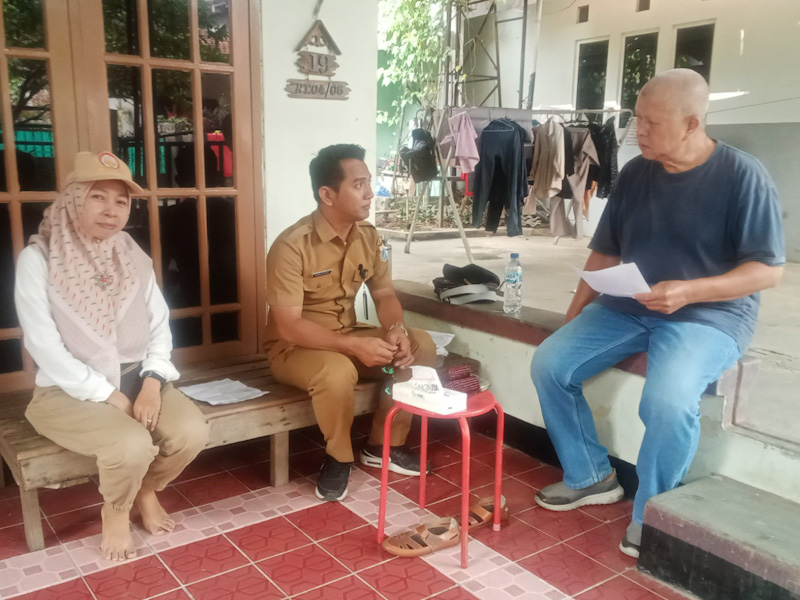

Thursday, August 28th 2025 Reporter: Nurito Translator: Rizky Mawardi 314

(Foto: Istimewa)
The massive Community-Based Total Sanitation (STMB) movement in East Jakarta has had a positive impact on the results of healthy living surveys.
people's understanding of healthy living continues to increase
East Jakarta Mayor, Munjirin said the level of public awareness to implement a clean and healthy lifestyle (PHBS) is increasing.
"The survey result shows that people's understanding of healthy living continues to increase," he said, Thursday (8/28).
Munjirin explained that good sanitation is very important to support healthy living for the community, especially children as the nation's next generation.
"This healthy living survey has been carried out in all urban villages by cadres," he added.
Meanwhile, East Jakarta Health Sub-agency Head, Herwin Meifendy stated a community survey regarding changes in behavior to stop open defecation (BABS) was conducted to measure the level of community knowledge.
"This survey also aims to assess community attitudes and habits and detect the main barriers to sanitation access to the effectiveness of previous interventions or education as a basis for interventions on behavior in the community," he stated.
According to him, the community-based survey involved 5,870 heads of families (KK) in eight districts that had not yet achieved Open Defecation Free (ODF) or were not yet free from the BABS.
This survey is a mixed method study, namely qualitative and quantitative with analysis using triangulation methods including interviews, observation and documentation.
Based on the survey results, he added, there was an increase in good behavior from 60.8 percent before the intervention, to 87.1 percent after the the intervention.
The main obstacles identified in behavior related to sanitation access include 31-35 percent not having the funds (economic), 30-37 percent not having land available, and 18-22 percent not owning buildings (rented/boarding).
"The survey results are the basis for further encouraging community participation in the success of the Stop BABS program and developing more effective follow-up program strategies according to local conditions," he stated.